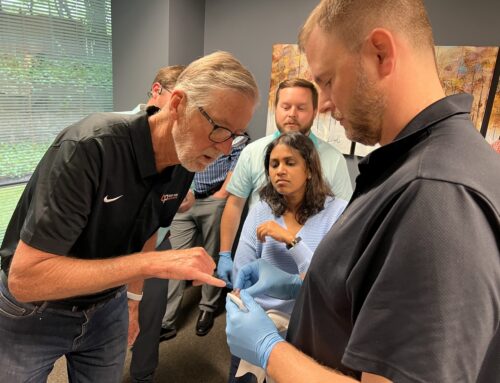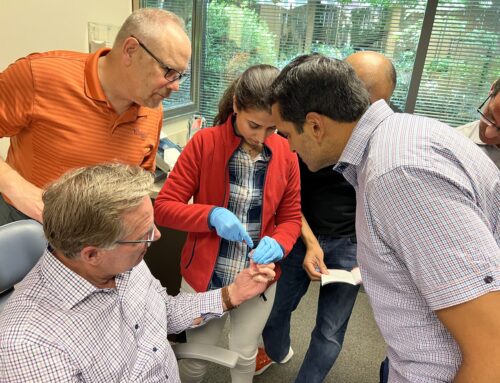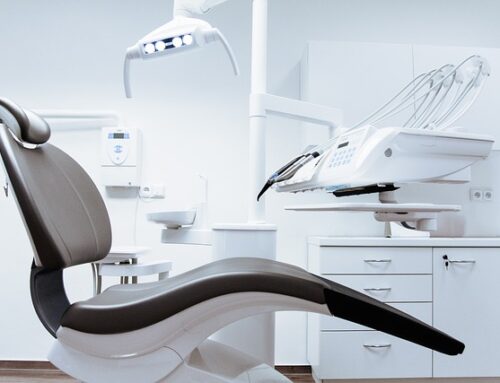So many of our patients are currently suffering from sleep apnea and they might not even be aware of it. When people wake up feeling even more tired than before, we should be available to help provide recommendations and solutions. To help patients get the care they need, dentists should provide dental sleep medicine (DSM) in their practices.
While you may already know a lot of information about dental sleep medicine, let’s revisit this topic.
What is Dental Sleep Medicine? DSM is an area of dentistry that focuses on the use of oral appliance therapy to manage sleep-disordered breathing–that includes snoring and obstructive sleep apnea (OSA). Oral appliance therapy allows for a more comfortable treatment option for many patients that might be CPAP inept. A custom-fit oral sleep appliance is an effective form of treatment for preventing the airway from collapsing by supporting the jaw in a forward position. Dentists will work together with sleep physicians to help identify the best treatment option for each patient.
What is Periodontology? It is a dental specialty that involves the prevention, diagnosis and treatment of diseases of the supporting and surrounding tissues of the teeth or their substitutes. It is also the maintenance of the health, function and esthetics of these structures and tissues. In other words, a periodontist is a dentist who specializes in the prevention, diagnosis and treatment of periodontal disease, as well as the placement of dental implants.
What is the difference? While periodontology focuses on prevention, diagnosis and treatment, so does dental sleep medicine. However, dental sleep medicine dentists don’t do the diagnosing. Instead, dental sleep medicine dentists work with sleep physicians to gain a diagnosis after they might have noticed signs of sleep disordered breathing or a patient’s responses to a questionnaire showed a possibility of this condition. From a diagnosis through a sleep physician, dentists can plan for proper treatment with oral appliance therapy.
Dental sleep medicine is a team atmosphere in which we must work together to prevent, diagnose and treat our patients. Periodontology doesn’t require the same team alliance. That doesn’t mean it is any less important because it is extremely important for our patients. However, dental sleep medicine takes the treatment of our patients to a whole new level that works to improve their health and their overall well-being.
What is the connection? Periodontology and dental sleep medicine can go hand-in-hand. Periodontology has been shown to affect the cardiovascular system and untreated sleep apnea affects it as well. Research has shown that periodontal disease is associated with several other systemic diseases. For a long time, it was thought that bacteria was the factor linking periodontal disease to other diseases, but, more recently, research has shown that inflammation may be the culprit.
And, just like periodontology, sleep apnea also affects the body in the same way. By treating sleep apnea and periodontal disease, you can help your patients prevent further complications and systemic conditions.
Dental sleep medicine is in and now is the time to take advantage by attending upcoming lectures and seminars to get your education going in the right direction.






